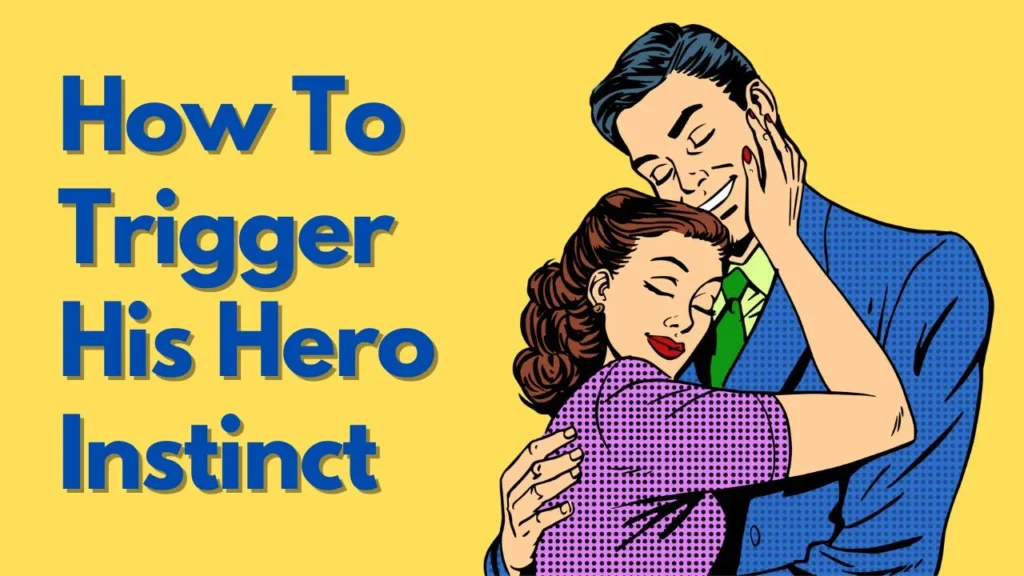Let your partners know they should take health seriously

- Oscars 2024: Jesse Plemons’ Weight Loss Is Talk Of The Town. Not Suffering From Illness.by So They Can Know
- Exotic Mediterranean Chocolate Recipe For Weight Loss. LeanBliss Reviews And Complaints.by So They Can Know
- Hero Instinct 12 Text Revealed. How To Trigger It In Men With Examples.by So They Can Know
- Blue Blood’s Vanessa Ray’s Amazing Weight Loss Transformationby So They Can Know
- Chef Maneet Chauhan’s Weight Loss In 2024. Speculations About Illness.by So They Can Know
- Vanessa Bryant’s Dating Status In 2024. Is Pau Gasol Her New Partner?by So They Can Know
- Is Blue Egyptian Plant Better Than Botox For Skin & Wrinkles? Genuine Neotonics Reviewby So They Can Know
- Monica Lewinsky’s Weight Loss Journey And A Brief Look Into Her Clothing Line And Married Lifeby So They Can Know
- Sugar Defender 24.Com Reviews And Complaints. Does It Work & How To Use?by So They Can Know









